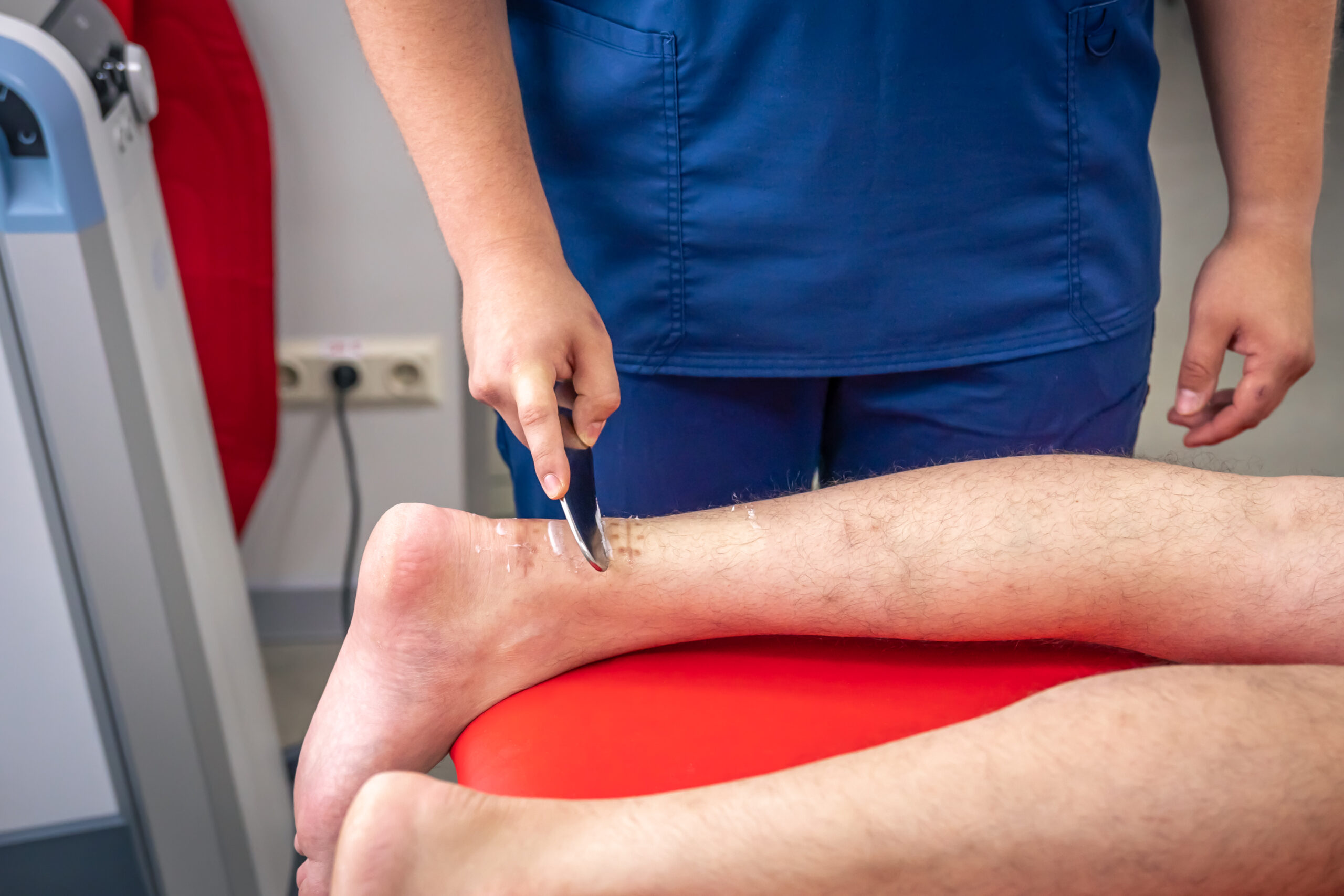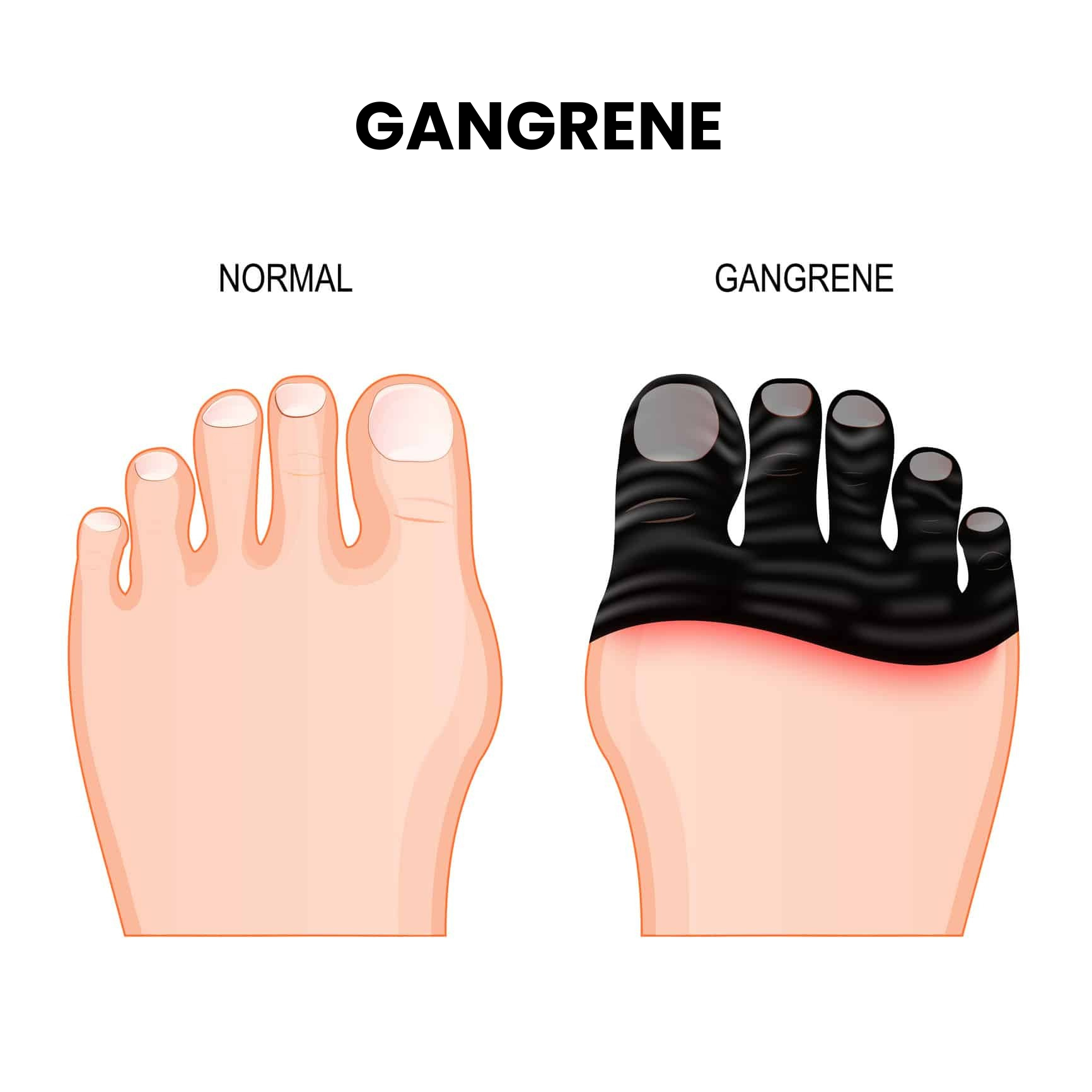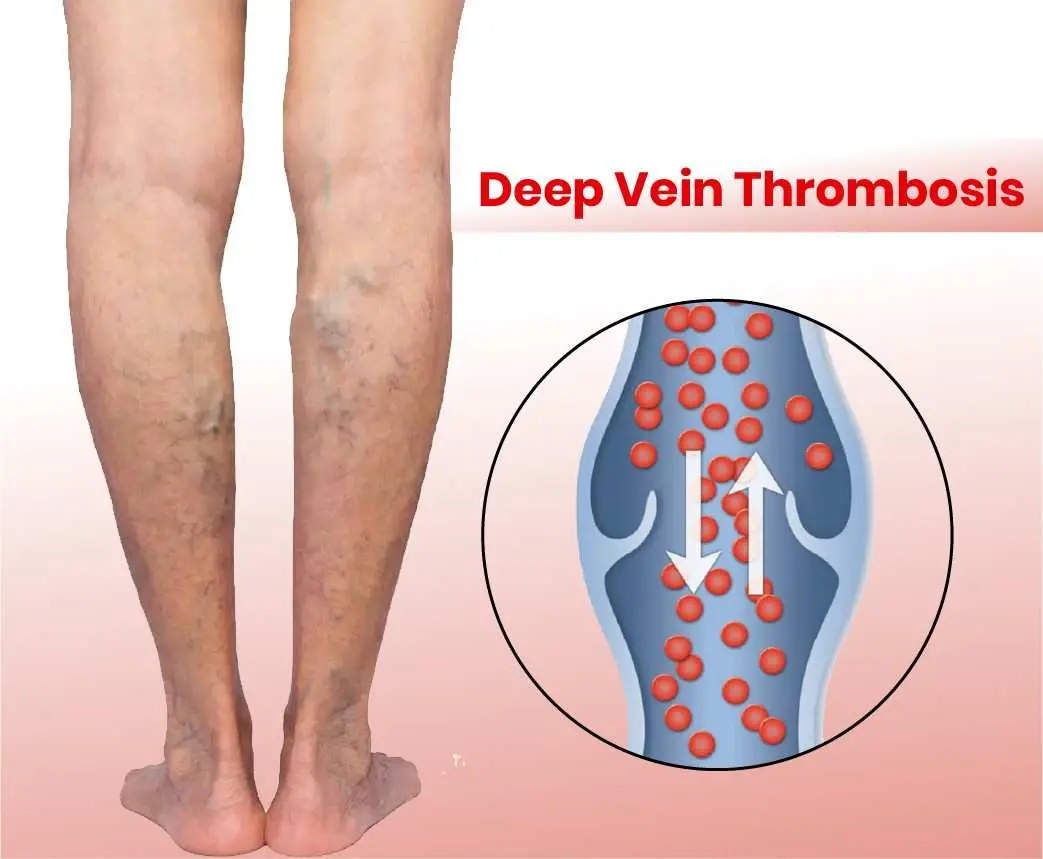Understanding Early-Stage Diabetic Foot Ulcers: Prevention and Expert Care

Diabetes is associated with several healthcare considerations, and perhaps one of the most critical side effects that patients should understand is the development of diabetic foot ulcers. An early stage diabetic foot ulcer is not only a vital time slot; a breakthrough at this point will avert disastrous consequences such as amputation. Any diabetic patient should be aware of the warning symptoms, actions to take, and available treatment options.

What is an early stage diabetic foot ulcer?
The early stages of diabetic foot wounds typically indicate a minor rupture, which can manifest as a minor tear, sore, or blister. Such a wound is often observed in diabetic patients, and it takes longer to heal than all the cuts or scrape wounds because the blood circulation and the nerve system are slowed down. The thing that makes early stage diabetic foot ulcer so bad is that they may not look too bad on the face of it. Nevertheless, when it comes to non-care, they are at risk of rapidly passing into the stage of worse tissue damage, infection, and other related consequences that may prove to be life-threatening.
These ulcers are mainly linked to three significant activities that influence their progression, including neuropathy (damage to nerves), poor blood flow, and a depressed immune system. The feeling in the feet is reduced in diabetic neuropathy; thus, the patient cannot anticipate even minor injuries or those pressure points at which they are usually alerted to impending danger. This lowered perception will allow an early diabetic foot ulcer to worsen in an unnoticeable manner to the individual until it becomes chronic.
Recognising the Warning Signs
Diabetic foot problems require early diagnosis to ensure successful treatment. One of the indications of an early stage diabetic foot ulcer wound is the continuous redness, swelling in a limited region, heat, and drainage or discharge, as well as any discontinuity in the skin that fails to heal within several days. Skin discolouration or darkening of some parts of the skin should also be instantly alarming.
Patients with diabetes are recommended to perform a daily foot check to detect any alterations in skin integrity, temperature, or colour. The bottom of the feet can be thoroughly monitored with the help of a mirror or a relative. Any questionable area in health should be reviewed as promptly as possible, since what appears to be a minor complication could be an early-stage ulcer on diabetic feet, which should be addressed as soon as possible.
Expert Care Makes the Difference
When having diabetic foot complications, it is essential to turn to specialised care. Dr. Luv Luthra, MBBS, MS (General Surgery), M.Ch (Vascular Surgery), and D.N.B. (Peripheral Vascular Surgery), has extensive experience in managing diabetic foot conditions. Currently, Dr. Luthra serves as the Director of Chand Vascular Centre and Diabetic Foot Clinic in Ludhiana, where he has dedicated his expertise to treating complex vascular diseases, including diabetic foot ulcers.
The holistic nature of Dr. Luthra’s diabetic foot care combines not only treating the foot ulcers of today, but it also involves the vascular problems that cause ulcers to be slow to heal. His knowledge of peripheral vascular diseases enables him to deal with matters of circulation that tend to aggravate diabetic foot conditions. As a highly regarded vascular surgeon, he frequently collaborates with other experts like a head and neck cancer specialist when patients present with multifaceted comorbidities requiring joint care. Having many published works and national and international conference awards, “Dr. Luthra is a leading expert in vascular surgery and diabetic foot care, bringing innovative approaches to treatment.”

Treatment Approaches and Prevention
Management of diabetic foot ulcers involves multidisciplinary care (wound, infection, pressure ulcer care, and vascular optimisation). The basis of treatment includes advanced wound dressings, removal of dead tissue, and proper antibiotic treatment. Nevertheless, it is also crucial to tackle the predisposing vascular compromise to generate positive healing results.
Dr. Luthra is also well-versed in the field of wound care, but at a higher level of vascular work that involves interventions to restore blood supply to the affected areas. Endovascular procedures have enabled him to gear towards minimal invasions, which has the potential of significantly transforming the healing capacity of the patient with peripheral vascular disease, especially those who have diabetes. For patients referred from a head and neck cancer specialist managing complex oncology cases, his integrative approach offers additional healing opportunities.
The best measure against diabetic foot complications is prevention. This involves maintaining optimal blood sugar control, regular foot examinations, selecting suitable footwear, and receiving regular treatment from podiatrists. Minor injuries or any alterations in the patient’s foot should never be contested, as early treatment of an incipient ulcer prevents the occurrence of significant complications.
The Importance of Immediate Action
Time is very crucial in combating diabetic foot complications. This may start as simple skin disintegration but may soon lead to deep-seated tissue infection, exposure of bones, or a gangrene case, and require amputation. Dr. Luthra’s successful treatment of cases of gangrene of the toes and feet, as well as his expertise in limb-saving methods, demonstrates that we should have access to specialised care in such cases when prevention fails.
The most important lesson that people with diabetes should learn is that a professional must promptly check any foot wound or other problematic area. Most complications are serious, but under the care of specialists, such as Dr. Luthra, they can be avoided, and the issues present can be effectively treated. Even a referral from a head and neck cancer specialist may lead a patient to Dr. Luthra when diabetic complications need concurrent vascular expertise.
Under the strategic guidance of Dr. Luthra, Chand Vascular Centre and Diabetic Foot Clinic in the Ludhiana region offers patients battling diabetic foot problems a ray of hope in the form of healing and limb salvage. The combination of surgical skills, vascular intervention, and the exclusive talent of controlling diabetic complications qualifies him to be an invaluable source to patients with such problematic situations.
You should remember that your best protection against the severe consequences of diabetic foot disease is early diagnosis and timely professional help. For complex diabetic cases, mainly when managed in parallel with conditions like cancer, collaboration between a vascular expert and a head and neck cancer specialist can be crucial.



